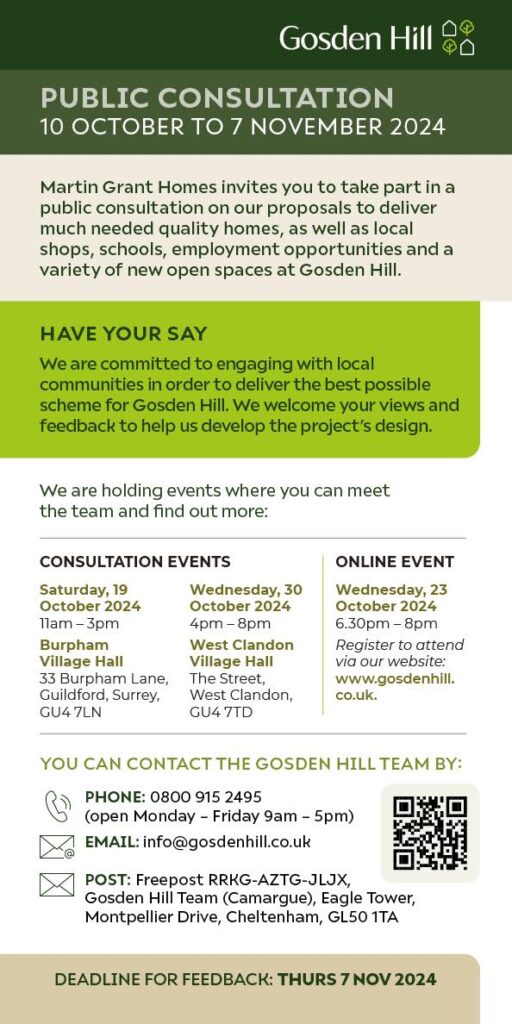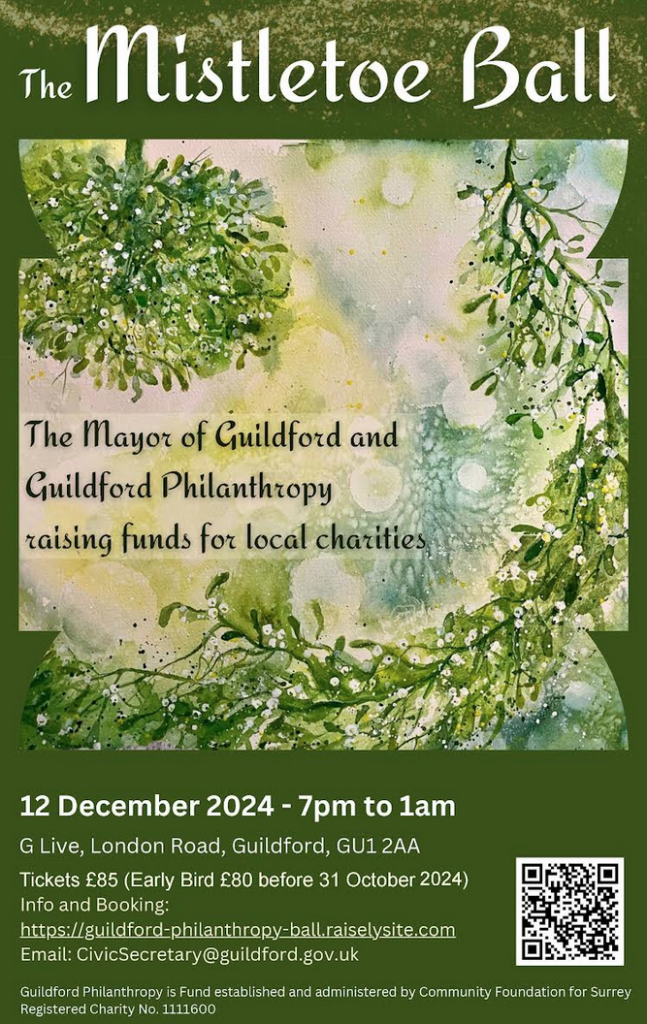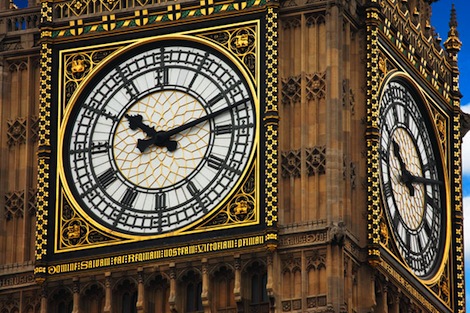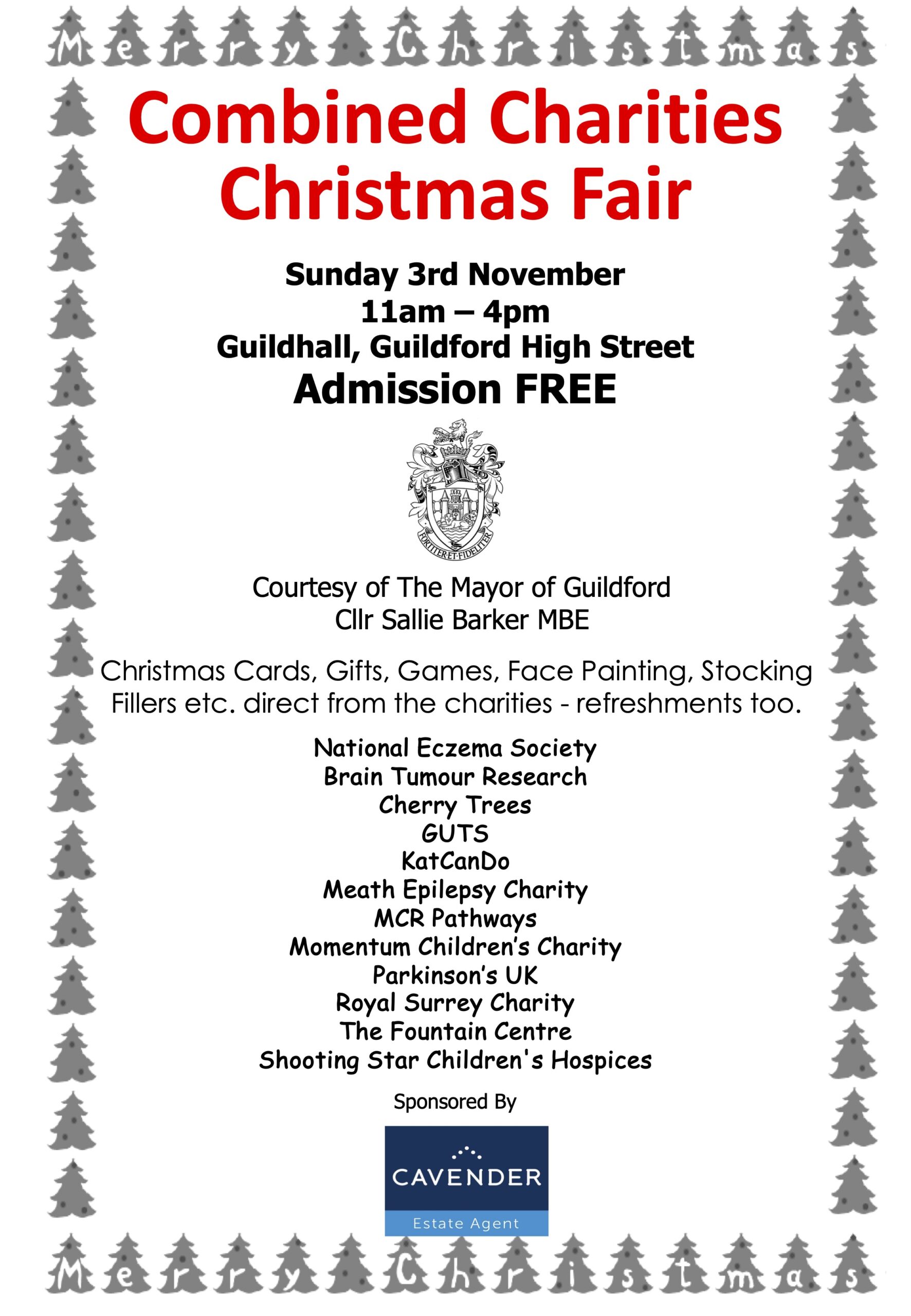 Abraham Lincoln
If given the truth, the people can be depended upon to meet any national crisis...
Abraham Lincoln
If given the truth, the people can be depended upon to meet any national crisis...
 Guildford news...
for Guildford people, brought to you by Guildford reporters - Guildford's own news service
Guildford news...
for Guildford people, brought to you by Guildford reporters - Guildford's own news service
Just How Are New Laws Made? Guildford’s MP, Anne Milton, Explains
Published on: 21 Mar, 2013
Updated on: 21 Mar, 2013
by Anne Milton MP
Following her interview in which she described her role as a government whip, Anne Milton agreed to write more about parliamentary procedures for The Guildford Dragon NEWS.
Parliament can make new laws or change existing ones. There are different ways of doing this but the below is just about introducing new laws or changes to laws, that the Government wants.
The Government puts its proposals for new laws in a ‘Bill’. Or, sometimes the Government first publishes a draft of a Bill which is looked at by a select committee made up from MPs of all the political parties: it might include members of the House of Lords. The committee can take evidence from witnesses and will suggest improvements, so the draft Bill may get changed.
Once the final Bill is published there are several stages it goes through but it can start its progress in either the House of Commons or the House of Lords. Procedures differ slightly in the two Houses. What follows is the procedure in the House of Commons.
First Reading*: this is a formality these days but the Bill is presented and the date of the next stage, the Second Reading, is announced. Are the Bills actually read out loud?
Second Reading: this is when the general principles contained in a bill are debated by members. It is usually a full day’s debate and there is a vote at the end of that debate.
Committee Stage: every clause in the Bill can be debated but a decision has to be made to keep the clause, amend the clause or withdraw it. Amendments are often proposed, discussed and either voted on or withdrawn during this time.
The Committee Stage can last several weeks. Public Bill Committees usually sit twice a week and can sometime go on late into the night.
Report Stage: further amendments may be made but this stage usually takes one day.
Third Reading: this is the final debate and in the House of Commons is usually debated on the same day as the Report Stage. In the House of Lords this stage works a bit differently.
The Bill then moves to the other House, the 2nd House, where it goes through the same stages. The Bill will then be amended and sent back to the first House which may or may not accept those changes. The 2 Houses can continue to disagree and keep on sending the Bill backwards and forwards – this stage is sometimes known as ping pong! If no agreement is made then at the end of the session of Parliament the Bill fails.
The House of Commons does have a power to overrule the House of Lords but only once it has tried to get the Bill through Parliament twice.
Royal Assent: this is the Monarch’s agreement to make the Bill an Act of Parliament and is a formality.
The Act is then implemented by the Government, not Parliament.
* This term refers to a practice which was common in the days before the invention of printing when the full contents of a Bill would be read out loud to the House to inform MPs of its contents. This is no longer necessary but the term readings has been retained. Source – BBC Democracy Live.

"Found any?" - "Nope, it all looks green to me!" (See Opinion: The Future is Congested, the Future is Grey)
www.abbotshospital.org/news/">





Recent Articles
- Latest Evidence in Sara Sharif Trial
- Ash’s New Road Bridge Is Named – and November 23rd Is Opening Day
- Class A in Underwear Leads to Jail Sentence
- Historical Almshouse Charity Celebrates Guildford in Bloom Victory
- Notice: Shalford Renewable Showcase – November 16
- Firework Fiesta: Guildford Lions Club Announces Extra Attractions
- Come and Meet the Flower Fairies at Watts Gallery
- Updated: Royal Mail Public Counter in Woodbridge Meadows to Close, Says Staff Member
- Letter: New Developments Should Benefit Local People
- Open Letter to Jeremy Hunt, MP: Ash’s Healthcare Concerns


Search in Site
Media Gallery
Dragon Interview: Local Artist Leaves Her Mark At One of England’s Most Historic Buildings
January 21, 2023 / No Comment / Read MoreDragon Interview: Lib Dem Planning Chair: ‘Current Policy Doesn’t Work for Local People’
January 19, 2023 / No Comment / Read MoreA3 Tunnel in Guildford ‘Necessary’ for New Homes, Says Guildford’s MP
January 10, 2023 / No Comment / Read More‘Madness’ for London Road Scheme to Go Ahead Against ‘Huge Opposition’, Says SCC Leader
January 6, 2023 / No Comment / Read MoreCouncillor’s Son Starts Campaign for More Consultation on North Street Plan
December 30, 2022 / No Comment / Read MoreCounty Council Climbs Down Over London Road Works – Further ‘Engagement’ Period Announced
December 14, 2022 / No Comment / Read MoreDragon Interview: GBC Reaction to the Government’s Expected Decision to Relax Housing Targets
December 7, 2022 / No Comment / Read MoreHow Can Our Town Centre Businesses Recover? Watch the Shop Front Debate
May 18, 2020 / No Comment / Read More









Recent Comments